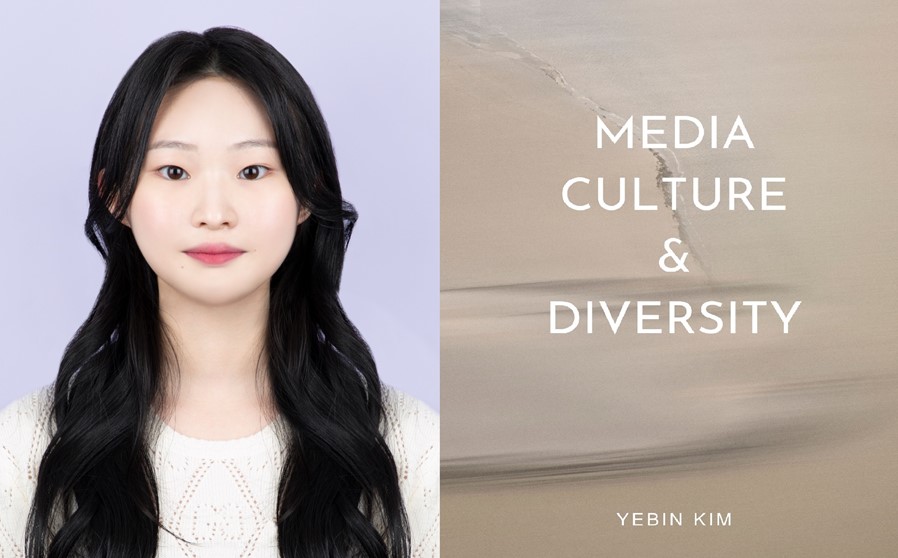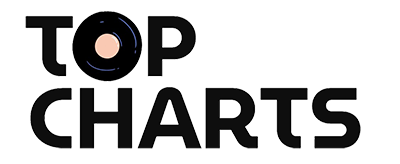
Interest in diversity in the multi-media and multi-channel era is increasing more than ever. Discussions on diversity are spreading at various levels, including content diversity, channel diversity, and organization diversity. However, the current situation is that discussions in terms of cultural diversity of actual broadcasting programs are sluggish. Although there are qualitative evaluation indexes conducted by the Korea Broadcasting Commission and each broadcaster in addition to ratings, evaluations based on distinct tastes, different preferences, and rapidly differentiated cultural identity of viewers are sluggish. This cannot be considered undesirable in light of the globalization, openness, and multiculturalization of Korean society and broadcasting environment.
Accordingly, the author attempted to conduct a more in-depth review, analysis, and investigation on the relationship between broadcasting and cultural diversity. It was intended to conduct in-depth theoretical discussions, examine the current status of foreign countries in detail, and supplement and develop the Cultural Diversity Index developed through cultural solidarity in more detail. Through this, we tried to complete the vision of culturally diverse broadcasting suitable for the 21st century and the model of qualitative evaluation from a cultural perspective.




